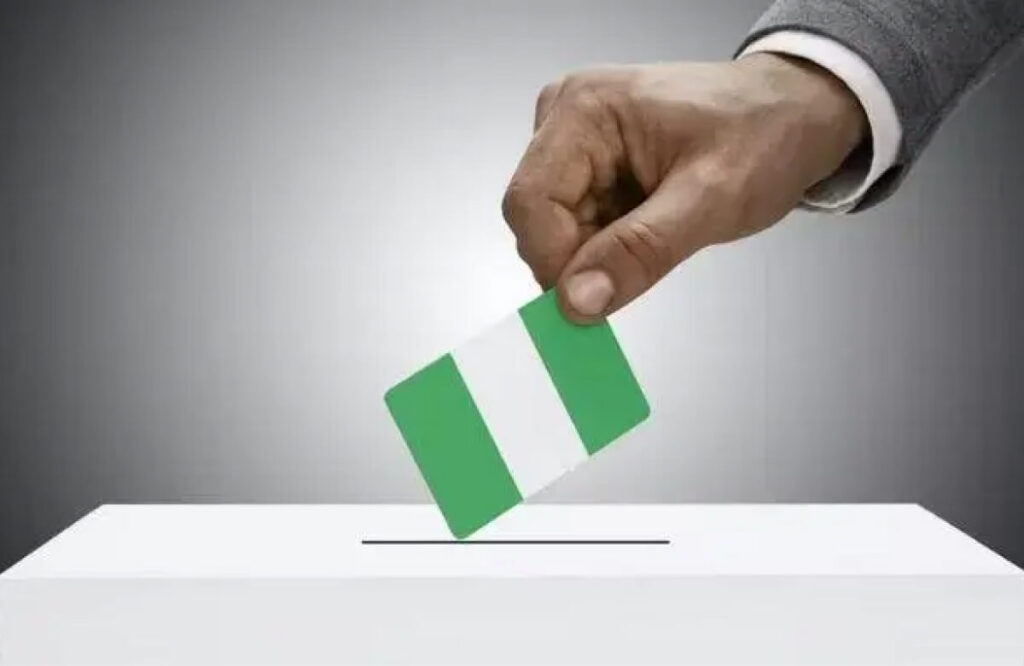
Nigeria, a nation teeming with diversity, is a vibrant tapestry of cultures, languages, and opinions. Understanding the pulse of Nigerian voters is a multifaceted endeavor that reveals not only the diverse perspectives of its citizens but also the intricate dynamics that influence electoral outcomes. In this article, we embark on a journey to unravel the factors that shape voter sentiment in Nigeria, offering insights into the heart of the country’s political landscape.
The Diversity of Nigerian Voters
Nigeria is often described as the “Giant of Africa” for a reason. With a population exceeding 200 million, the nation is a melting pot of ethnic, religious, and cultural diversity. This diversity extends to the political arena, where voters represent an array of backgrounds and beliefs. Understanding the Nigerian voter requires acknowledging this diversity and its impact on electoral outcomes.
Socioeconomic Factors
Socioeconomic factors play a crucial role in shaping voter sentiment in Nigeria. Issues such as income inequality, unemployment, and access to basic services often guide the choices of voters. Candidates who address these concerns and offer tangible solutions tend to resonate more with the electorate.
Ethnic and Regional Considerations
Nigeria’s complex ethnic and regional divisions influence political preferences. Voters often align with candidates from their own ethnic or regional backgrounds, believing that such candidates are more likely to represent their interests. The power of ethnicity in Nigerian politics is a force that cannot be underestimated.
Religious Affiliations
Religion also influences voting behavior in Nigeria. The country is divided almost evenly between Christians and Muslims, and candidates who align with the religious affiliations of their constituents can gain significant support. Religious leaders often wield considerable influence over the choices of their followers.
Issue-Based Voting
While ethnicity, region, and religion are prominent factors, issue-based voting is also on the rise. Nigerian voters are increasingly focused on candidates who prioritize critical issues, such as security, healthcare, education, and the economy. A candidate’s ability to address these issues can sway voter sentiment.
Youth Engagement
Nigeria’s population is incredibly youthful, with a significant percentage under the age of 30. Young voters are often seen as agents of change, advocating for transparency, accountability, and better governance. Their involvement in the political process is a significant force in shaping the country’s political landscape.
Media and Information Access
The proliferation of media, particularly through mobile phones and the internet, has transformed the way Nigerian voters access information. Social media platforms, in particular, have become influential in shaping public opinion. Candidates who effectively leverage digital media can connect with voters on a broader scale.
Challenges to Voter Understanding
While Nigeria’s voters are diverse and informed, they also face challenges. Disinformation and fake news can be pervasive, influencing voters’ perceptions. Additionally, voter registration and access to polling stations can be issues in some areas, affecting voter turnout.
Conclusion
Understanding the pulse of Nigerian voters is a complex and ever-evolving task. It requires an appreciation of the nation’s diversity and recognition of the myriad factors that influence voter sentiment. As Nigeria continues to grapple with political, economic, and social challenges, the role of voters in shaping the country’s destiny remains paramount. Their choices in elections hold the key to Nigeria’s future, making the understanding of their pulse a critical endeavor for politicians, analysts, and citizens alike.

